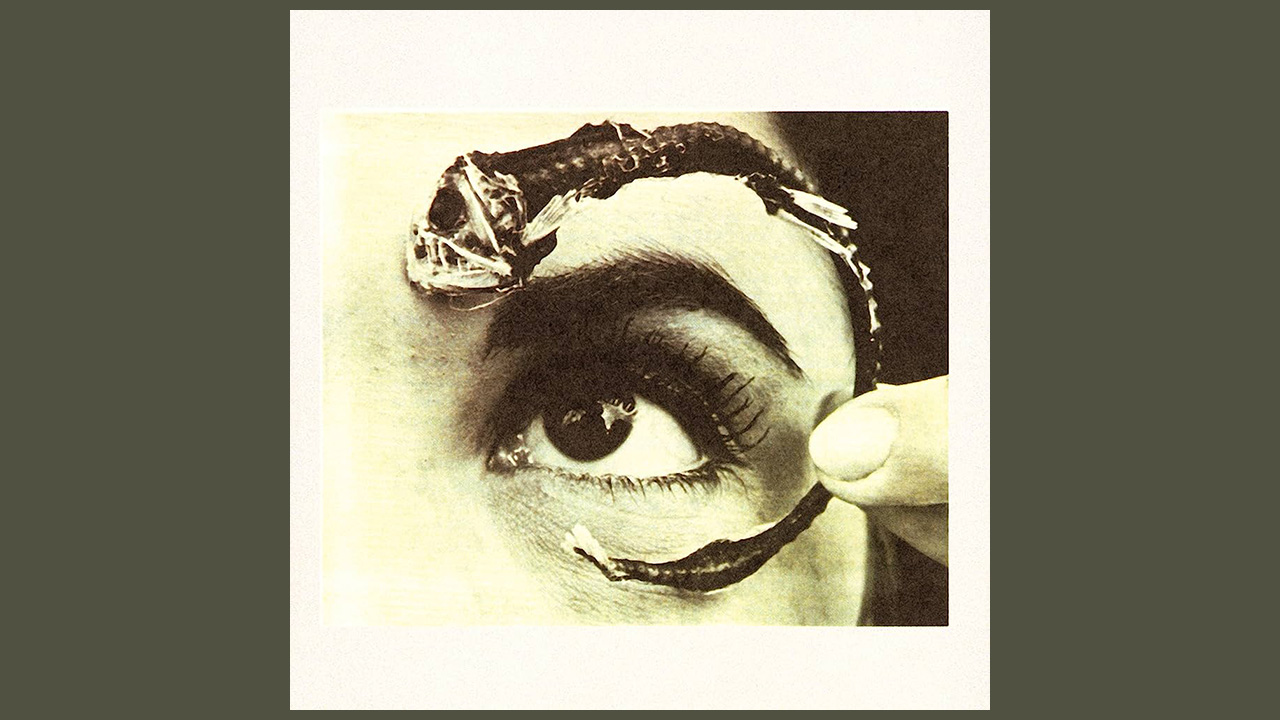In 2012 Prog argued the case for Mr. Bungle’s second album, 1995’s Disco Volante, being seen as an unmistakably prog piece of work.
Formed in 1985 in the small town of Eureka, California, Mr. Bungle are perhaps best known for unleashing Faith No More vocalist Mike Patton into the world, but the three studio albums of their original incarnation are as fascinating and bewildering as anything released over the last three decades
Mr. Bungle were ostensibly part of the so-called funk metal explosion that emerged somewhere between the commercial demise of traditional heavy metal and the sullen thud of early 90s grunge. They were a mischievous lot from the start, mixing the angular riffing and quirky slap bass popularised by artists such as Red Hot Chili Peppers with all manner of bizarre instrumentation and numerous proudly avant-garde elements.
Their self-titled 1991 debut, produced by sax terrorist John Zorn, was a multi-coloured splurge of ideas that veered from crunching death metal to unhinged fairground music, covering all bases in between and marking the band out as a fiendishly inventive and subversive musical force. It went down a storm with more adventurous metal fans and art rock aficionados alike, but few were prepared for the follow-up.
Discarding virtually all of the traits that had endeared them to their admirers, Disco Volante, was a curveball of epic proportions. Named after a yacht featured in the James Bond film Thunderball, this was a ferociously experimental trip into the outer limits of rock, jazz, soundtrack music, cartoon horror and Zappa-like chaos. Patton and his cohorts – Trey Spruance, Trevor Dunn, Clinton McKinnon and Theo Lengyel – sounded hell-bent on alienating as many people as possible.
A nastier, darker and weirder effort than its predecessor in every respect
From the grim, lurching dirge of opener Everyone I Went To High School With Is Dead and the macabre electronic camel ride of Desert Search For Techno Allah, through to the disorientating ambient hell of 10-minute instrumental The Bends and Satanic nursery rhyme metal of the closer Merry Go Bye Bye, Disco Volante dared the listener to enter a strange and terrifying sonic world. That sense of mischief remained, but this was a nastier, darker and weirder effort than its predecessor in every respect.
When the band toured, they refused to play anything from their first, more popular album with Patton barely making eye contact with audiences, his disdain for the rock’n’roll circus writ large across his furrowed brow – a look that we still see on his face now.
Mr. Bungle’s final album of the 20th centurt, 1999’s California, was a breezy, eminently listenable epitaph – perhaps due to the departure of saxophonist Lengyel, credited with adding ‘chemical imbalance’ to the group – but Disco Volante remains the ultimate encapsulation of the band’s resolutely non-conformist approach. It still sounds utterly insane today.



